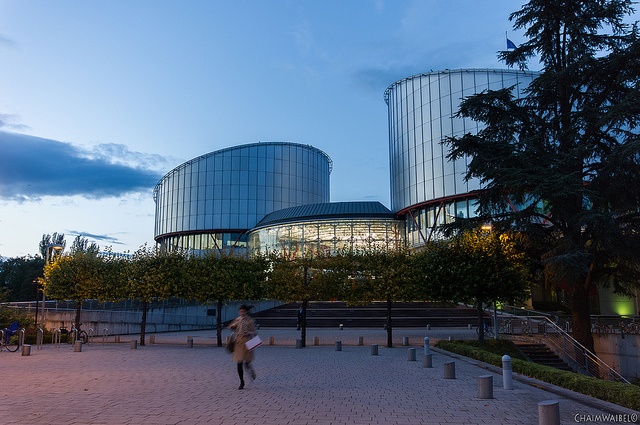The Copenhagen Declaration on the reform of the European Convention on Human Rights system was adopted by all 47 member states of the Council of Europe on April 13 following a meeting in Copenhagen. The European Court of Human Rights (ECtHR’s) dynamic interpretation of the European Convention on Human Rights (ECHR) that was a key-concern for the Danish Chairmanship- as reflected in the draft declaration from February 5, 2018- remained unchallenged.
The ambition of limiting the dynamic interpretation by the European Courts has raised critique from NGO’s and at the political level but is not reflected in the final declaration. In his speech Secretary General of the Council of Europe Thorbjørn Jagland stated “Sometimes politicians will not like judgments handed down by a court. But that is the nature of the legal process.” And further added, “There are also those who claim that the Court can go too far in its interpretation of the Convention. This too is wrong. We have to keep in mind that the Convention is a living instrument which must be interpreted in the light of present day conditions and of the ideas prevailing in democratic States today. This is fundamental.” The same position was reflected in the contribution of Anna Rurka the President of the Conference of INGOs who also underlined the importance of execution of judgments from ECtHR and involvement of civil society in the implementation of the ECHR; both elements were included in the final declaration.
In his statement the Danish Justice Minister Soeren Pape Poulsen expressed pride in the result and the aspect of an increased dialogue between the court and member states “We have also underlined the need for an increased dialogue, at both judicial and political levels. On our respective roles. And on development of the Convention system. This will anchor the development of human rights more solidly in our European democracies.” The ambition of increased dialogue is also highlighted by the Danish Institute of Human Rights.
With its focus of full implementation of the ECHR at member state level and further reducing the back-log of pending cases (56,000 in 2017) the Copenhagen declaration follows the path outlined in earlier declarations from Brighton 2012 and Brussels in 2015.
Photo: (CC) Chaim Gabriel Waibel, October 2013
This article appeared in the ECRE Weekly Bulletin . You can subscribe to the Weekly Bulletin here.

